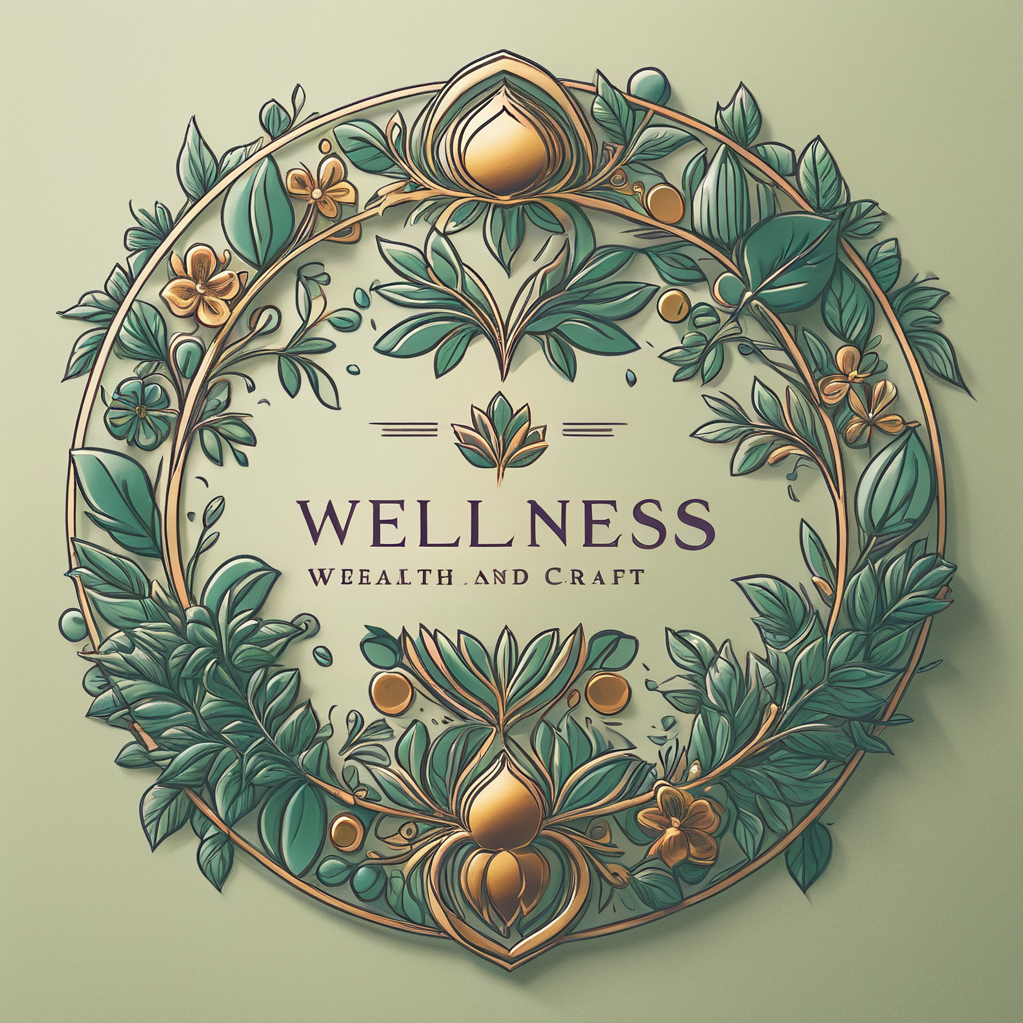Nov 30, 2023
If you or someone you know is impacted by sexual assault, family or domestic violence, call 1800RESPECT on 1800 737 732 or visit www.1800RESPECT.org.au. In an emergency, call 000.
There is new research from Growing Up in Australia: The Longitudinal Study of Australian Children that highlights the importance of human sexuality, respectful relationships and consent education. In this longitudinal study 10,000 children have been periodically surveyed since 2004. New research has found that “almost three in ten 18 – 19 year olds have experienced intimate partner violence in the last year.” Specifically, “25% of the 18-19 year olds experienced emotional abuse, 12% experienced physical violence and 8% experienced sexual abuse in their intimate relationships. A total of 29% experienced at least one form of intimate partner violence.”
Most interestingly, the research “revealed that teens having healthy relationships with parents and friends at 16-17 years played a critical role in reducing the likelihood of being a victim of intimate partner violence at 18-19 years. Specifically, high trust and good communication with parents during adolescence reduced emotional abuse and victimisation by 39% and sexual abuse victimisation by 77%”
This research is huge! It is a big encouragement for all parents to continue facilitating discussions about human sexuality, or to get started! I’m sure that all parents want to protect their children from harm, especially emotional and sexual abuse. The most effective way we as parents can prevent this is by providing them with human sexuality education, and being the askable and tellable parent they need. Not only does this education teach them how to be a good friend (and therefore how to maintain healthy friendships), but it teaches them what to look for in romantic partnerships and what is considered healthy or unhealthy.
Many schools do provide relationships and sexuality education (RSE), however students and parents do not think it is comprehensive enough. In this health.nsw.gov.au/wp-content/uploads/2023/10/Guidance-document-for-school-leaders-on-sexuality-and-sexual–health-education-Play-Safe-Pro.pdf” target=”_blank” rel=”noopener noreferrer”>report less than 25% of students in NSW said their most recent RSE class was very or extremely relevant to them, and “young LGBTQ+ people are even less likely than young heterosexual people to report that their RSE was relevant to them.”
Not only are kids desperate for information on these topics, but the human sexuality childhood sexual development and behaviour of 14 – 17 year olds tells us that a lot of children are already sexually active.
- The average first age of ‘sex’ is 15 years old, and the average first age of unwanted sex is 14.9 years old.
- 43% of kids in Year 10 and 69% of kids in Year 12 have had vaginal or anal intercourse, meanwhile the use of condoms at their most recent sex is only 49%.
When parents, carers and teachers fail to provide children with comprehensive sexuality education, they learn about it from the world around them. This includes misinformation from their peers at school, social media, and pornography. This is a worst case scenario, as this information is often false, misleading and perpetuates rigid gender stereotypes.
The French equality watchdog has found that at least 90% of mainstream porn shows violence against women, such as women being sexually assaulted, gangs of men demonstrating violent sex, hitting, choking and slapping women. It is not healthy for children to be viewing this material, as it teaches them about male dominance and women’s lack of pleasure.
your children are getting a sexuality education every day from the world around them. But is it the one you want them to receive?
Senior Research Officer for the Australian Institute of Family Studies, Dr Karlee O’Donnell says “the research points to the importance of strong relationships with parents and peers when it comes to harm reduction. As a parent, one of the most important things to do is build a strong, trusting relationship with your child when they’re young, and keep nurturing that all the way through secondary school.”
One of the key ways you can build a strong relationship with your child is to provide them with human sexuality education. Not only will this education actually protect your child from intimate partner violence, but it will reduce the chance of your child perpetuating violence towards others. Let’s provide our kids with the knowledge they need to have healthy, positive and safe relationships. The research shows that comprehensive human sexuality education actually delays first sexual intercourse, reduces the number of sexual partners, reduces risky sexual behaviours and increases the use of condoms and contraception.
We don’t just give our kids their driver’s licence without any lessons. We don’t throw our kids into the pool and expect that they should know how to swim. So why do we expect our kids to know about human sexuality, respectful relationships and consent without receiving comprehensive education?
sexual health and human sexuality education is a human right. Parents, it’s your responsibility to provide them with the knowledge they need.
How to get started:
- sex” target=”_blank” rel=”noopener noreferrer”>Purchase my book “Talking sex: A Conversation Guide for Parents” to learn about all things sex, such as safety, reproduction, diversity, pleasure, consent, health, positivity, bodies and more!
- Purchase my book “Kit and Arlo Find A Way: Teaching Consent to 8 – 12 Year Olds” to help your child navigate all aspects of consent, including how to negotiate a mutually enjoyable activity, how to manage disappointment, how to stay firm with your boundaries etc
- Read some of my previous blogs to learn more about how to be an askable and tellable parent.
health.nsw.gov.au/wp-content/uploads/2023/10/Resources-for-parents-carers-and-young-people-Play-Safe-Pro.pdf” target=”_blank” rel=”noopener noreferrer”>Resources for parents, carers and young people
health.nsw.gov.au/wp-content/uploads/2023/10/Resources-for-parents-carers-and-young-people-Play-Safe-Pro.pdf” target=”_blank” rel=”noopener noreferrer”>https://pro.playsafe.health.nsw.gov.au/wp-content/uploads/2023/10/Resources-for-parents-carers-and-young-people-Play-Safe-Pro.pdf




